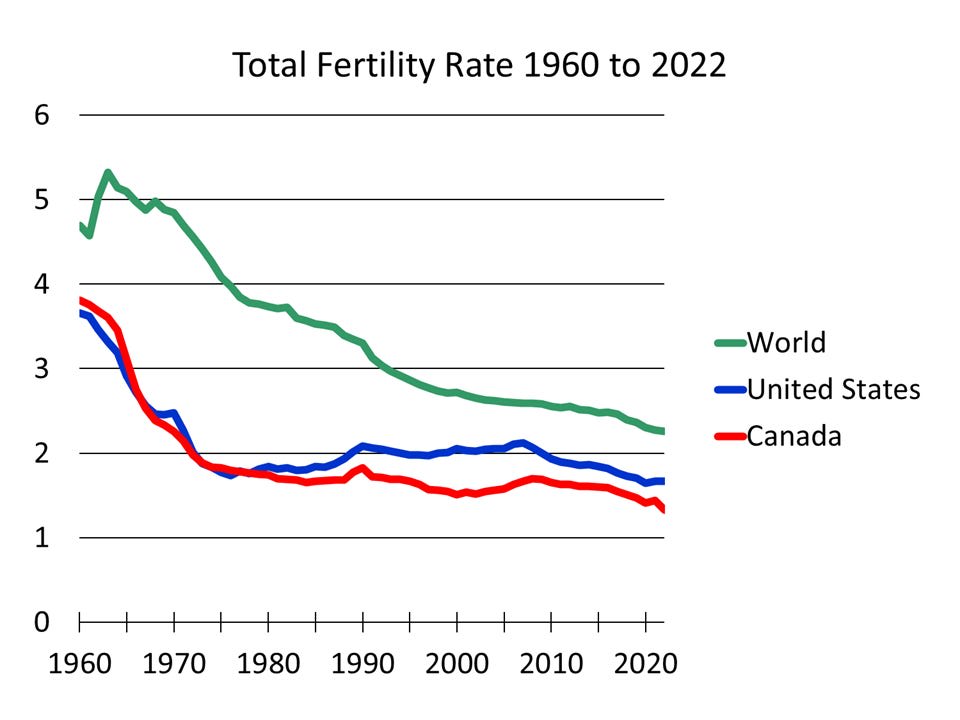Why Georgism Lost Its Popularity
Henry George’s 1879 book Progress & Poverty was the second best-selling book in the entire world during the 1880s and 1890s, outsold by only the Bible. Nobody knows exactly how many copies it sold during those two decades since nobody was keeping track, but it definitely sold at least several millions of copies for sure. The Progressive Era is literally named after the book itself. Georgism used to have millions of followers, and many of them were very famous people. When Henry George died in 1897 (just a few days before the election for New York City mayor), an estimated 100,000 people attended this funeral. The mid-20th century labor economist and journalist George Soule wrote that George was “By far the most famous American economic writer,” and “author of a book which probably had a larger world-wide circulation than any other work on economics ever written.” Few people know it, but the board game Monopoly and its predecessor The Landlord’s Game were actually created to promote the economic theories of Henry George, as noted in the second introduction paragraph of the Wikipedia article on board game Monopoly. The board games intend to show that economies that eliminate rent-seeking are better than ones that don’t. So if Georgism used to have millions of supporters and solid economic reasoning, why did it never catch on and how did it lose its popularity over the past century? (see the rest of the post in the link)

